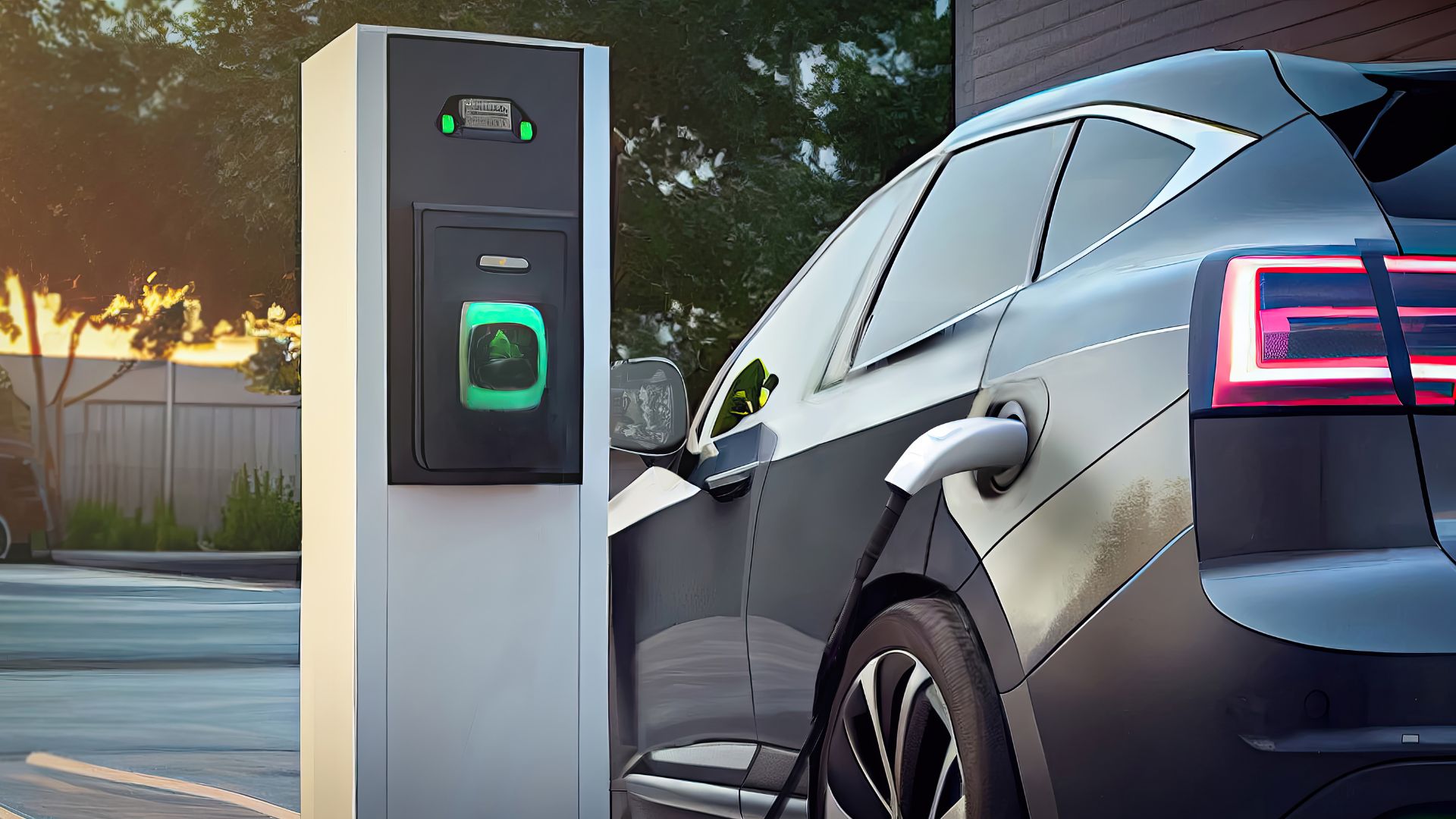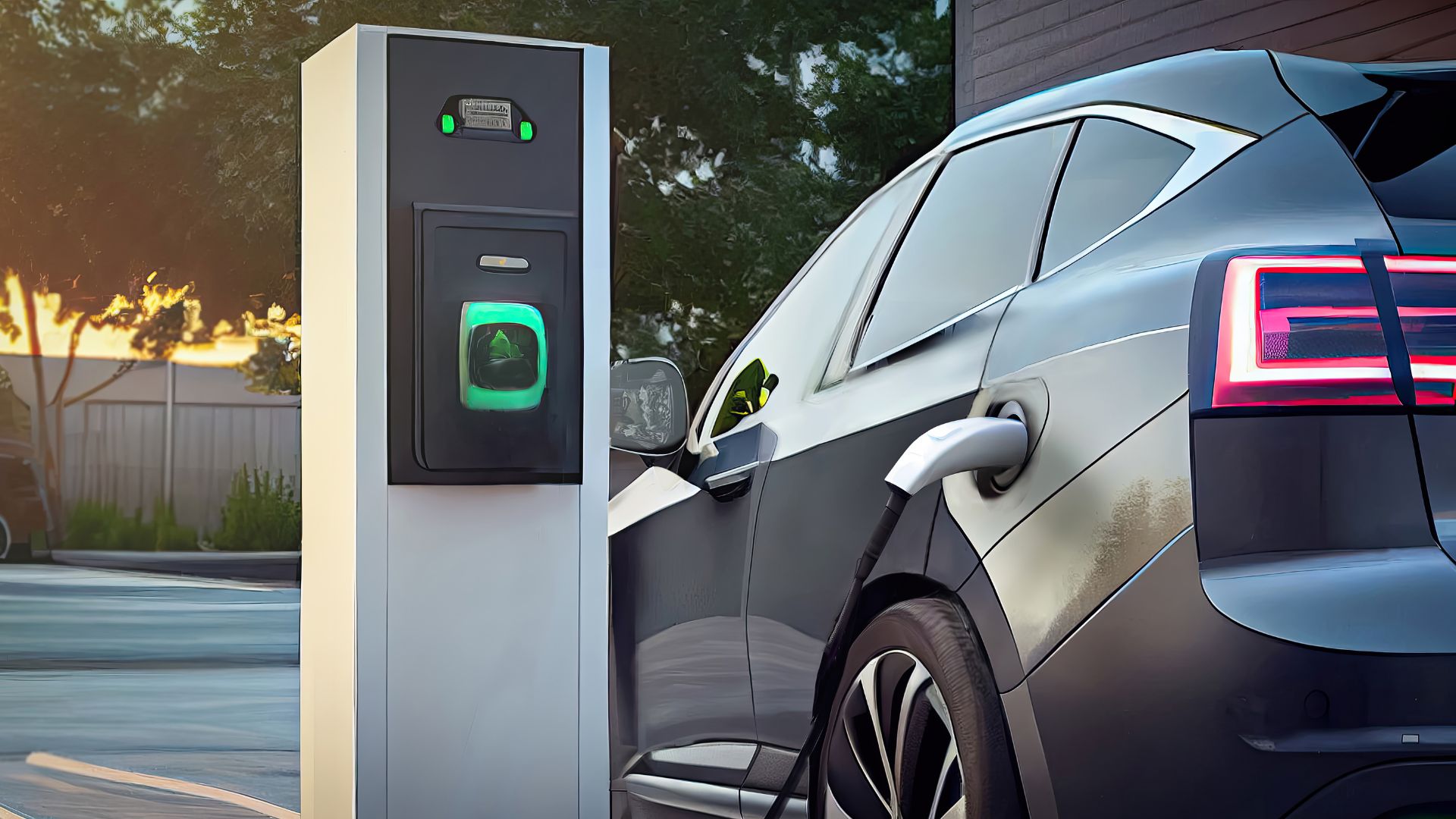Rethinking Personal Mobility with Modular Micro-Vehicles

In the quest for more efficient urban transportation, modular micro-vehicles are emerging as a futuristic solution. These compact, adaptable vehicles offer a sustainable alternative to traditional cars, catering to city dwellers looking for flexible, cost-effective mobility.

Modular micro-vehicles differ from conventional cars in their size, adaptability, and purpose-built designs. Some models, like the Citroën Ami or Renault Twizy, are ultra-compact electric vehicles designed for urban commuting, offering lower energy consumption and easier parking. Others, like the Squad Solar City Car, integrate solar panels to extend battery life, reducing reliance on external charging.

A unique aspect of modular micro-vehicles is their customizability. Some concepts allow users to swap out different modules—such as cargo attachments, additional passenger seats, or even autonomous driving kits—making them versatile for various needs. This flexibility is particularly useful for shared mobility services, where a single platform can serve multiple roles.

Additionally, cities are integrating micro-vehicles into multimodal transport systems. Ride-sharing fleets, last-mile delivery services, and urban commuters are increasingly adopting lightweight, electric vehicles to navigate congested city streets efficiently.

As cities push toward reducing traffic congestion and emissions, modular micro-vehicles represent a promising shift in urban transportation, blending convenience, sustainability, and adaptability.
